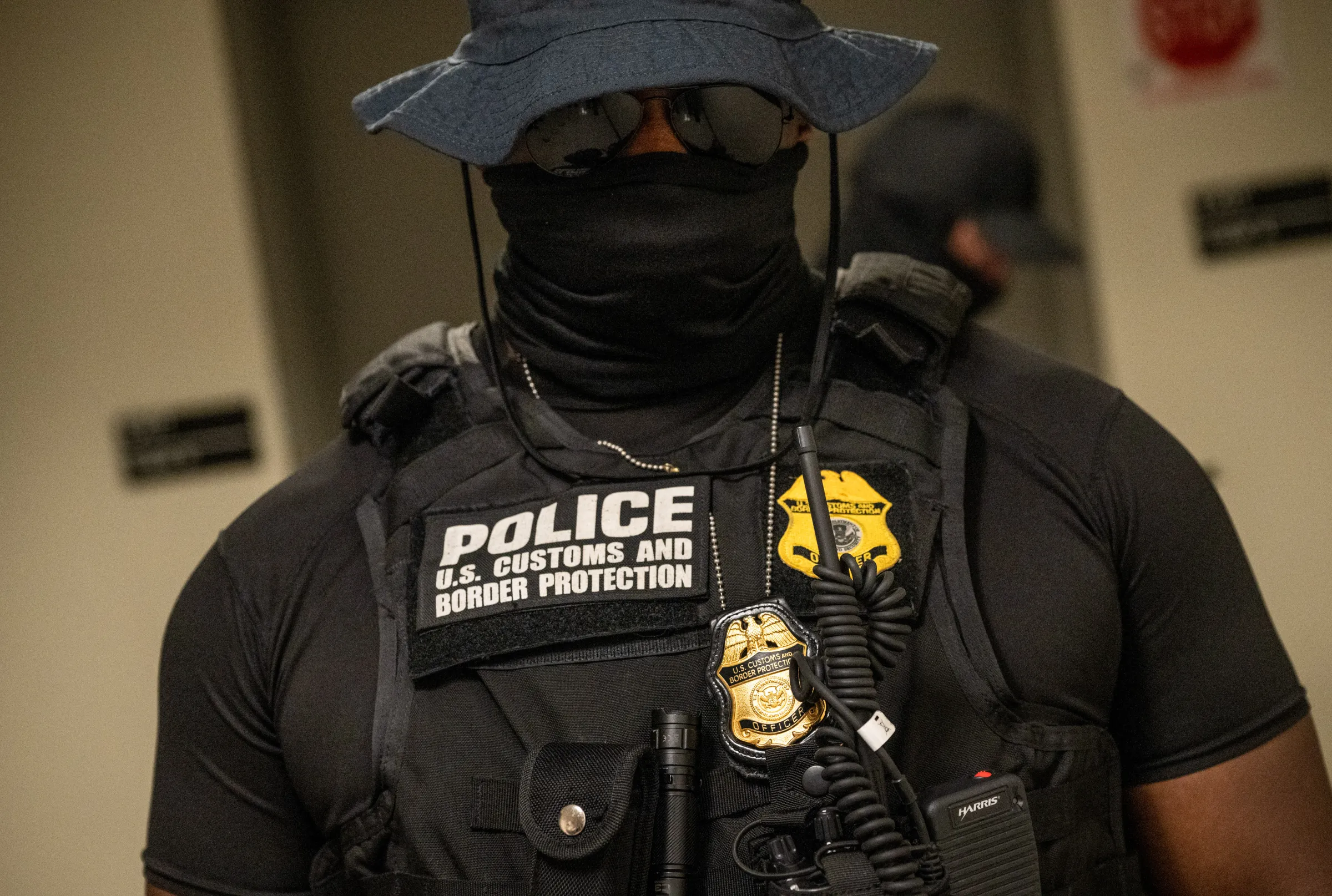THA Seminar Advises Horsemen on Preparing for Potential ICE Visits

During a September 29 webinar hosted by the New York Thoroughbred Horsemen’s Association on behalf of the national THA, immigration attorneys offered key advice to horsemen on handling potential visits from U.S. Immigration and Customs Enforcement (ICE).
Attorneys Chris Thomas (Holland & Hart) and Jay Ingle (Jackson Kelly) acknowledged the industry’s heavy reliance on H-2B visa workers and emphasized the need for compliance with federal law while reforms remain under discussion in Washington.
Key Risks and Responses
The greatest risks for trainers are civil fines, criminal charges, and operational disruption. If ICE agents appear at a track, training center, or farm, trainers and staff should remain calm, courteous, and avoid answering questions without legal counsel. Thomas advised a simple response by simply saying:
“I’m not authorized to answer any of your questions. Let me get our company attorney on the phone.”
I-9 Compliance
Ingle stressed the importance of I-9 compliance. The form verifies an employee’s legal authorization to work in the U.S. and must be properly completed by both employee and employer. While direct employees require I-9s, independent contractors do not—though trainers should proceed carefully with contractor relationships.
Ongoing Responsibility
Because workers frequently move from barn to barn, trainers must regularly review records for missing I-9s, expired visas, or fraudulent documents.
Handling ICE Inspections
If ICE conducts an inspection, management and horsemen should accompany agents to ensure proper protocol is followed. Attorneys emphasized that preparedness, legal support, and strict compliance remain the best safeguards.
All Horsemen are encouraged to view the full seminar that is available online at horsemenU.com.


